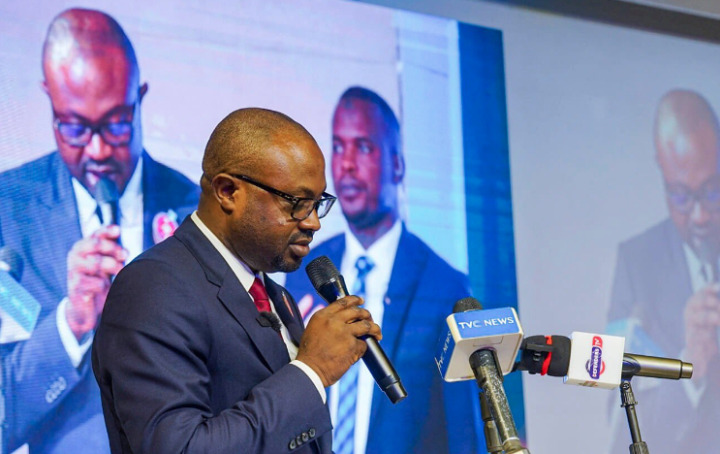The federal government has announced a significant increase in Nigerian international passport fees, set to take effect from September 1, 2024. The Nigerian Immigration Service (NIS) issued a circular on Saturday announcing this decision, which the public, already grappling with economic hardships, has widely criticized.
Under the new fee structure, the cost of a 32-page passport booklet with a 5-year validity will rise from N35,000 to N50,000. Likewise, the price for a 64-page booklet with a 10-year validity will increase from N70,000 to N100,000. The announcement has triggered a substantial backlash from Nigerians, who view the increase as an additional financial strain amidst high living costs and economic challenges. Critics argue that the fee hike appears insensitive to the financial difficulties faced by many citizens.
In response to the criticism and public outcry, the NIS has provided a detailed explanation for the fee increase, citing four main reasons:
- Enhancement of Passport Quality: The increase in fees is intended to support improvements in the passport’s overall quality and standard. This includes ensuring that the Nigerian passport continues to meet the International Civil Aviation Organization (ICAO) standards, which are critical for maintaining global recognition and security.
- Addressing Rising Costs of Materials and Production: The fee adjustment reflects the growing costs associated with the materials and production processes necessary for passport issuance. The NIS emphasizes that this adjustment is essential to keep up with current economic realities and ensure the sustainability of passport production.
- Expansion of Service Facilities: The additional revenue generated from the fee increase will be used to create more passport front offices and biometric centers. This expansion aims to enhance accessibility for applicants, alleviate congestion at existing centers, and improve the overall turnaround time for passport processing, thereby providing a more efficient service to the public.
- Support for Local Production: Another significant reason for the fee increase is to facilitate the complete domestication of Nigerian passport booklet production. This aligns with the #RenewedHope Agenda of President Buhari, which focuses on boosting local content and promoting self-reliance in the production of vital documents.
Read also: How To Obtain an ECOWAS Passport as a Digital Nomad.
Despite these efforts to improve the passport system, Nigeria’s global passport ranking remains relatively low. The 2024 Henley Passport Index ranks Nigeria 95th, tied with Sudan. This ranking reflects the limited travel freedoms available to Nigerian passport holders, highlighting a continued challenge in achieving broader international mobility.
The NIS emphasizes that the fee increase will enhance the efficiency, quality, and accessibility of passport services. However, the government recognizes the public’s concerns about the financial impact and stresses that these measures will address long-term goals and improve service delivery.












